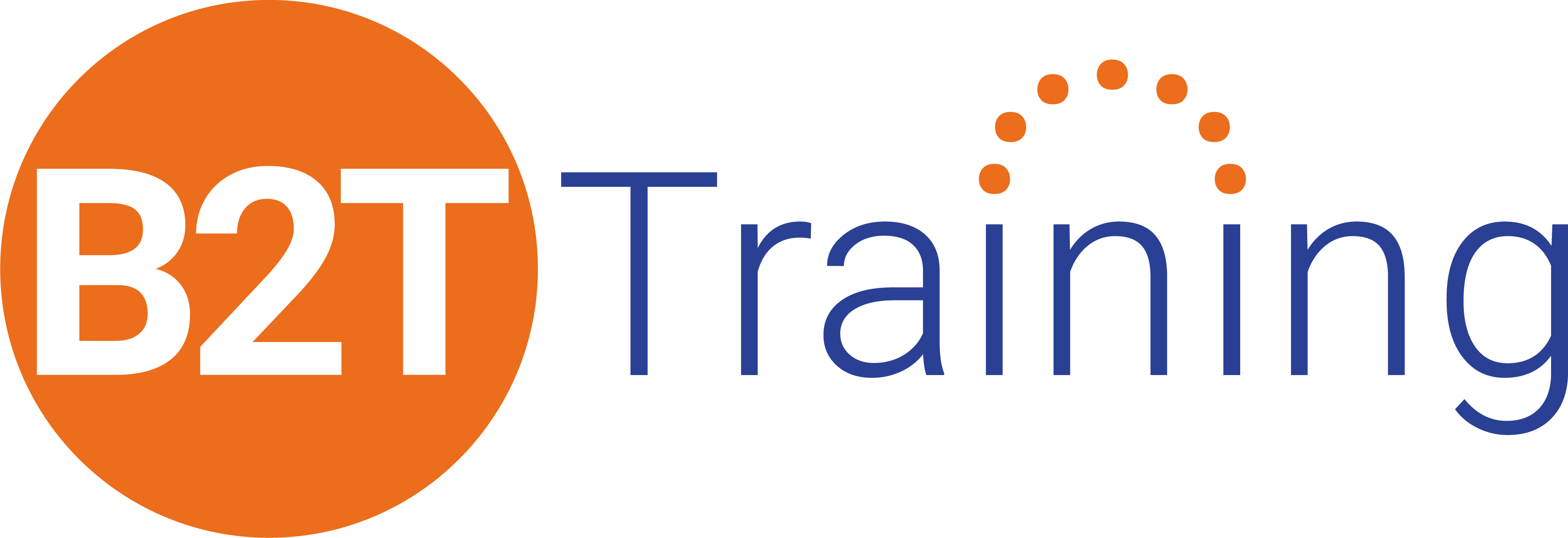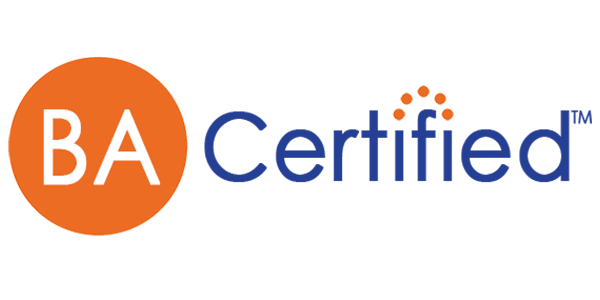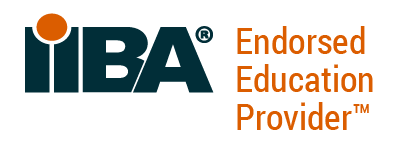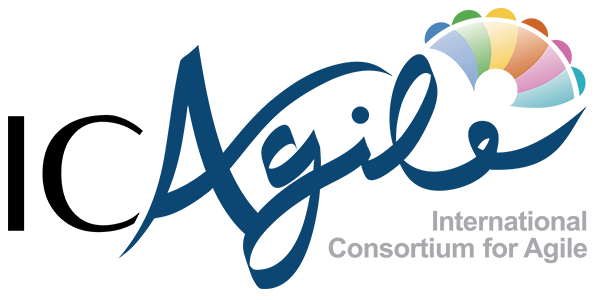Who hasn’t interviewed or been interviewed at least once in your life? I would be surprised if there is anyone in the world over the age of two that hasn’t been a party to this technique! It’s actually so common that it may seem there is nothing new to discuss about an interview, but interviewing is a powerful technique and is useful in many aspects of our lives.
We interview for jobs. We interview candidates for jobs. We interview others to understand. We even interview our kids when we are trying to understand why there is red crayon all over the white wall! Interviewing starts early in life. It is the most common technique used in business analysis!
The purpose for technique 10.25 Interviews is described in the BABOK®:
“An interview is a systematic approach designed to elicit business analysis information from a person or group of people by talking to the interviewee(s), asking relevant questions, and documenting the responses. The interview can also be used for establishing relationships and building trust between business analysts and stakeholders in order to increase stakeholder involvement or build support for a proposed solution.”
This seems straightforward enough… the analyst talks to stakeholders using specific questions to get information. Have you considered, though, that this technique applies to us in both the analyst and stakeholder roles? Stop and think about things you need to decide in your life. Before I interview anyone else, my first conversation should be an interview with my most important stakeholder, ME!
This may seem like it’s a silly idea, but reserve that judgement for a minute and consider the purpose of an interview. Why do we interview? An interviewer needs to elicit information to make a decision of some sort. When we are interviewed as a candidate for a position, there are typical questions we are asked to help the interviewer decide if we are the best candidate for the job. We interview potential caregivers for our children, our pet, or to watch our home. We are careful about the context of the questions to elicit the information to help us make a decision. Before we start to interview others, why not have a chat with yourself? Techniques are powerful because they provide a framework to structure thinking.
Interviews are a fantastic technique to structure thinking. Consider this scenario: I see that my walls and ceiling are cracked. I have a problem; I need help! My first thought is to start calling people to give a repair estimate. When I do this, the questions from the potential contractors start. What if I stopped and interviewed myself before I make those calls? The BABOK® suggests 3 elements of an interview:
- Interview Goal
- Potential Interviewees
- Interview Questions
Let’s try this using my cracked ceiling and walls!
1
Interview Goal
In my interview with myself to fix my house, I ask myself, what’s my interview goal? I think and ask myself some questions; remember, business analysis is a thinking profession! I consider what the problem is and what a successful solution would look like. Is my goal to understand if the cracks represent some structural damage? Do I care what it looks like or am I strictly concerned about structural safety? Do I want it repaired so there is no more visual damage? Is my goal to have the walls and ceiling look better? Only I can decide what my goal is! Through this part of my self-interview, I conclude my goals are to have the walls and ceiling be structurally sound, no longer visually see cracks and blend the repaired area in with the existing texture as if it was the same. Excellent — now I am clear on my goals.
2
Potential Interviewees
With my goal in mind, I create a list of potential contractors to call. Part of this step is doing some research to find the right candidates to interview. I start by reaching out to my personal network for references based on my goal. Then, I search websites for recommendations and reviews. I ask myself, how many interviews do I need to do? Once I have my candidate pool, I focus on the right questions.
3
Interview Questions
My Interview questions will be based on my project goals. I think about my goal and then what I need to ask to ensure a candidate is the best one to solve my problem. Questions I need to ask myself include:
- What things are important to me? The cost, the quality or the time? If it’s time, when do I need to have this done? If it’s money, what’s my maximum budget? If it’s quality, how long can I wait and how much will I spend for that quality?
- Since my house is older, can the texture be matched so it is seamless to the eye?
- Will the job require clean up and removal and will they do that?
- Will the job include painting and will they do that?
- Are there parts of the job that I can do myself to prepare or finish?
- Will they allow me to do some on my own to minimize cost by contributing sweat equity?
- Do I have any materials on hand to contribute to the repair?
- Can I match the paint?
- Do I need to be there for the repair?
The idea is to ask and answer these questions before I interview candidates!
The key to having the best interview possible is preparation. When eliciting requirements for any change, the first person to interview is always you! We usually know more than we think we do. Structure your thinking to elicit this information from yourself FIRST. You will learn how much information you know and most importantly, you will know what you don’t know! Identifying the gap between what you know and what you don’t know is powerful. Stakeholders will be delighted by your focus on the key information they know… the information you can’t discover from yourself and your research. In fact, this is where the magic of business analysis happens. Stakeholders will appreciate the time you spend leveraging your own knowledge first.
Apply these three steps before every interview you do and your interviews will improve and provide more value. Follow this process methodically as you learn. Once you have done it a few times it will become second nature to think through and plan your interviews.
Heather
Editor’s Note: This blog post was has been previously published by B2T on our previous website. Due to its popularity, Heather has updated its content to be more comprehensive and accurate for the state of today’s environment.
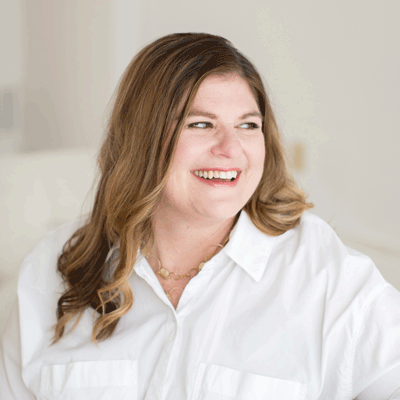
Heather Mylan-Mains
SR. INSTRUCTOR
Heather is from Des Moines, Iowa. She is a stimulus for change as a mom, consultant, business analysis instructor, and a longtime volunteer for the IIBA®, currently on the Board of Directors. For the past 20+ years, she has collaborated with a variety of project teams to create better business outcomes. She is a fierce advocate for business analysis and loves to share her passion through speaking, teaching, and mentoring. She believes business analysis is a thinking profession and applies to everything and everyone!
Heather loves to put together puzzles and figure out how the pieces fit together. She also loves to travel and wants to visit everywhere in the world. She has an MBA from Drake University, a BA in Accounting from Grand View College, is a CBAP®, CSM and PROSCI and has survived many PhDs (Pretty hard Days).
